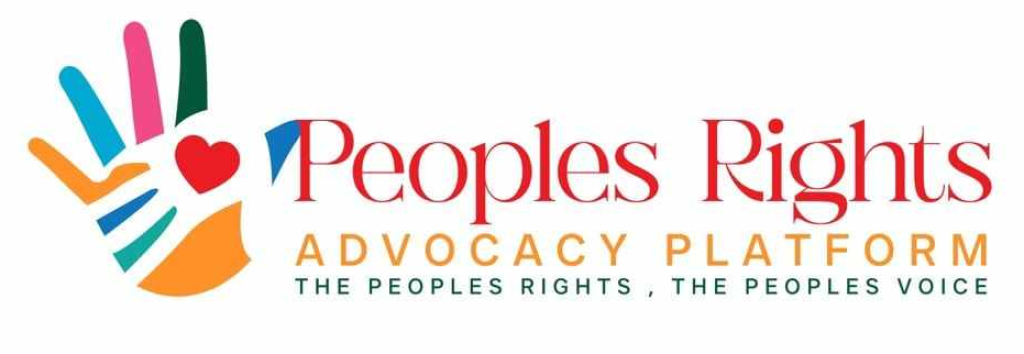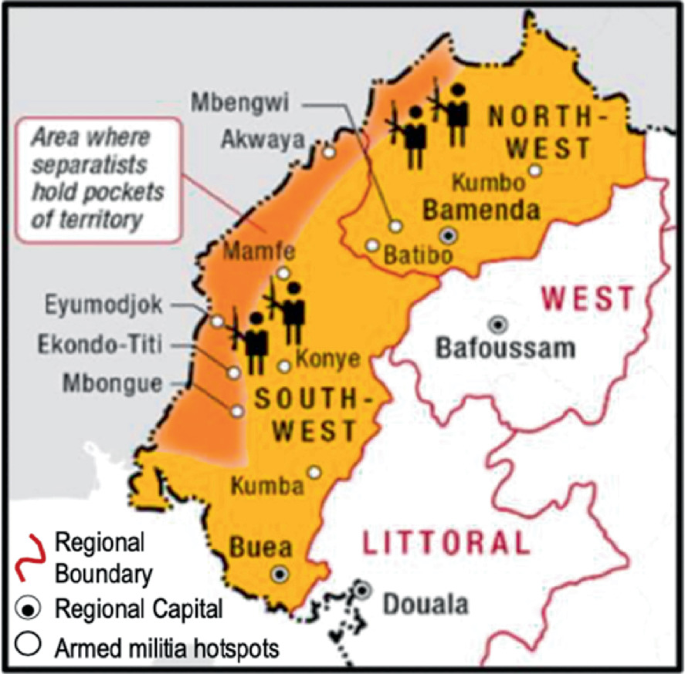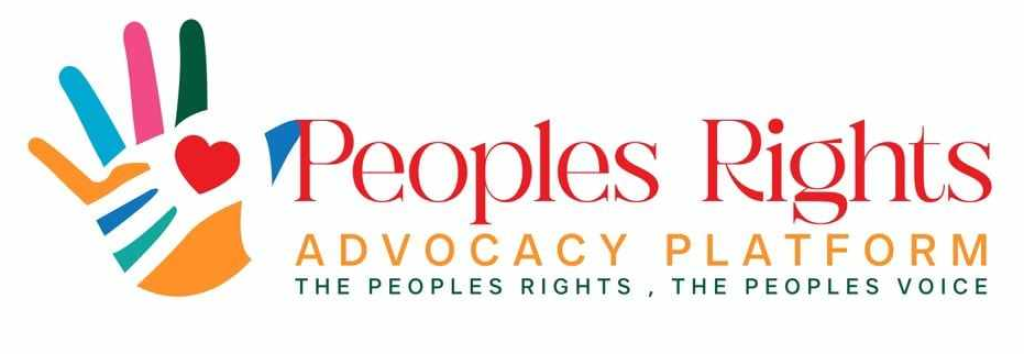In the intricate landscape of modern conflict, strategic success hinges on effective management across four critical pillars: Diplomacy, Information, Military, and Economic operations, collectively known as the DIME framework. The Anglophone conflict in Cameroon exemplifies both the strengths and weaknesses of this model. Initially, the separatist movement leveraged the DIME framework to achieve significant gains but ultimately lost momentum due to misapplication. This blog post explores how the DIME framework can be reapplied to realign the movement’s strategy, emphasizing negotiation, local empowerment, and lasting peace.
Understanding the DIME Framework: A Comprehensive Approach to Conflict Resolution
The DIME model illustrates that sustained success in conflict relies on balanced influence across:
- Diplomatic Operations: Diplomacy builds coalitions and aligns international and domestic stakeholders, fostering support by crafting a resonating narrative.
- Information Operations: Effective information management shapes public perception, galvanizes support, and bolsters legitimacy.
- Military Operations: Military capability projects power but requires careful balance to avoid alienating allies or losing public support.
- Economic Operations: Economic stability supports military and diplomatic endeavors, ensuring operational feasibility and sustainability.
The Anglophone Separatist Movement: Initial Successes and Missteps
Initially, the Anglophone separatists made remarkable strides using the DIME framework:
- Diplomatic Success: Framing their cause internationally, rallying support, and gaining sympathy from international actors.
- Information Management: Positioning their cause as one of justice, freedom, and human rights, leveraging digital platforms and international media.
- Economic Impact: Destabilizing the local economy, disrupting regional economic stability, and applying pressure on the Cameroonian government.
However, by 2023, missteps eroded these successes:
- Diplomatic support waned as the Cameroonian government demonstrated readiness to negotiate.
- Reports of internal discord, criminal affiliations, and civilian-targeted violence damaged credibility.
Reclaiming Influence: A DIME-Based Strategy for Revival
To regain influence, the separatist movement must recalibrate its strategy within the DIME framework:
- Rebuilding Diplomatic Ties
- Engage neutral international mediators.
- Reframe goals around peace, justice, and economic wellbeing.
- Pursue formal ceasefire agreements.
- Revitalizing Information Strategy
- Shift narrative from militaristic goals to unity and peace.
- Address past actions, acknowledge errors, and emphasize civilian welfare commitments.
- Repositioning Military Strategy
- Shift from offensive to defensive postures.
- Implement monitored ceasefire.
- Explore joint military task forces for community security.
- Economic Empowerment through Regional Development
- Develop local economic regeneration strategies.
- Prioritize regional autonomy.
- Seek international development assistance.
The Roadmap to Peace: A Vision of Autonomous Governance and Self-Determination
A renewed commitment to DIME principles forms the basis of a structured pathway to peace:
- Mediated Dialogue and Ceasefire: Achieve ceasefire, demonstrate commitment to peace.
- Establishing a Transitional Government: Form transitional governance body.
- Developing an Autonomous Governance Framework: Develop provisions for political and economic autonomy.
- Preparing for a Referendum on Independence: Qualify for UN-monitored referendum.
Conclusion
The DIME framework provides a strategic foundation for the Anglophone separatist movement to realign goals and regain momentum. By adopting a balanced approach prioritizing diplomacy, information sharing, military restraint, and economic empowerment, the movement can renew its mission. This structured roadmap lays groundwork for autonomy, self-determination, and lasting peace.


